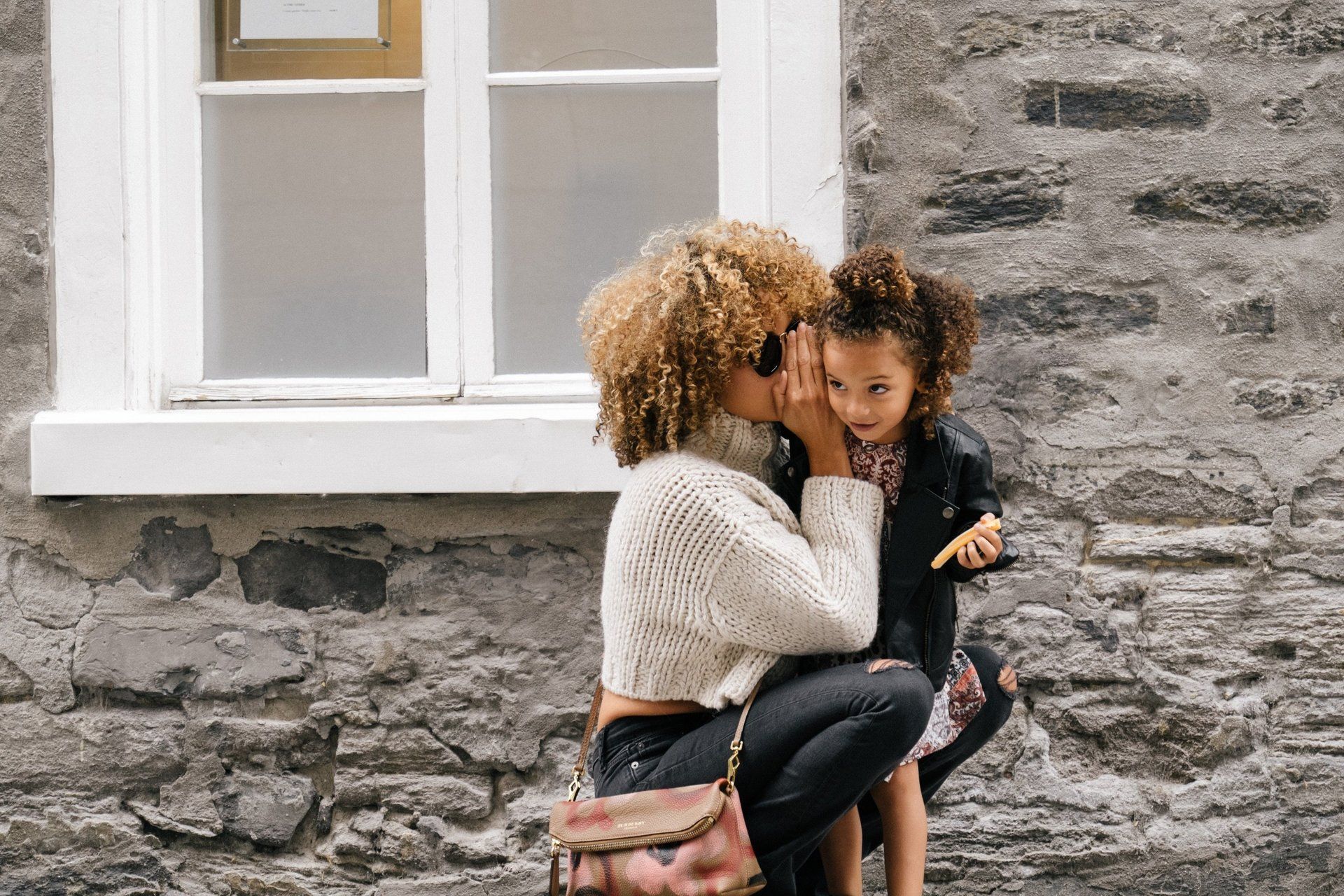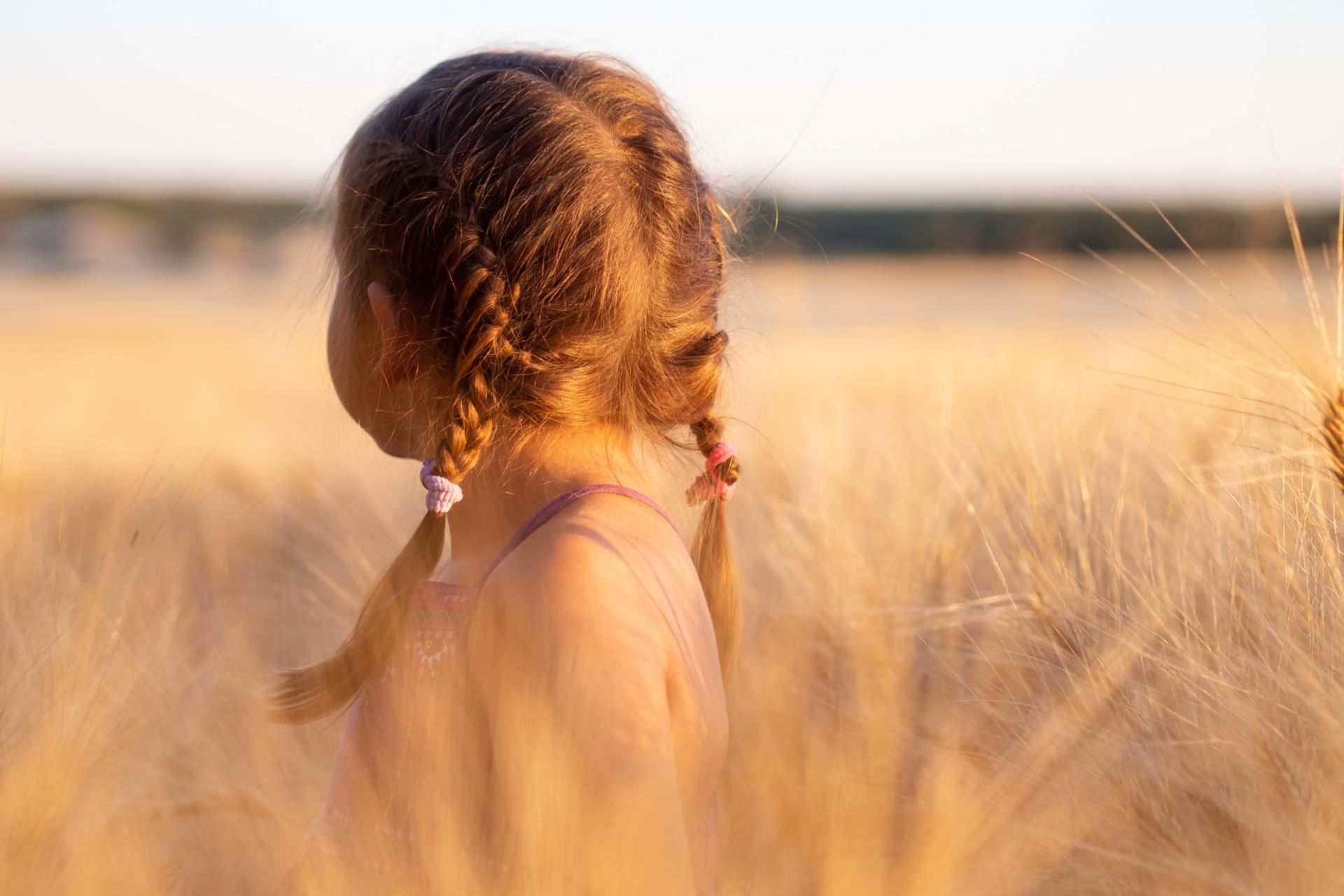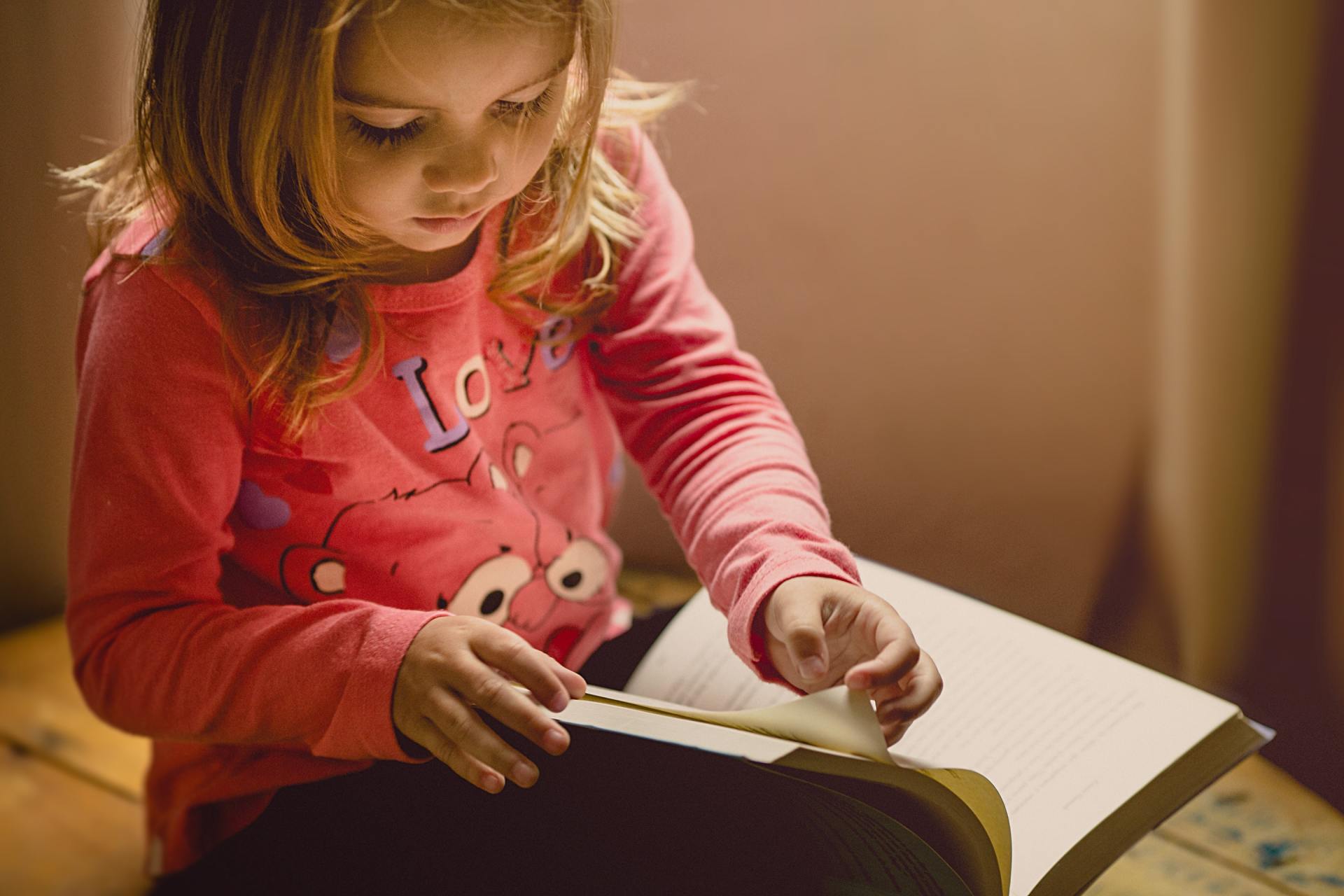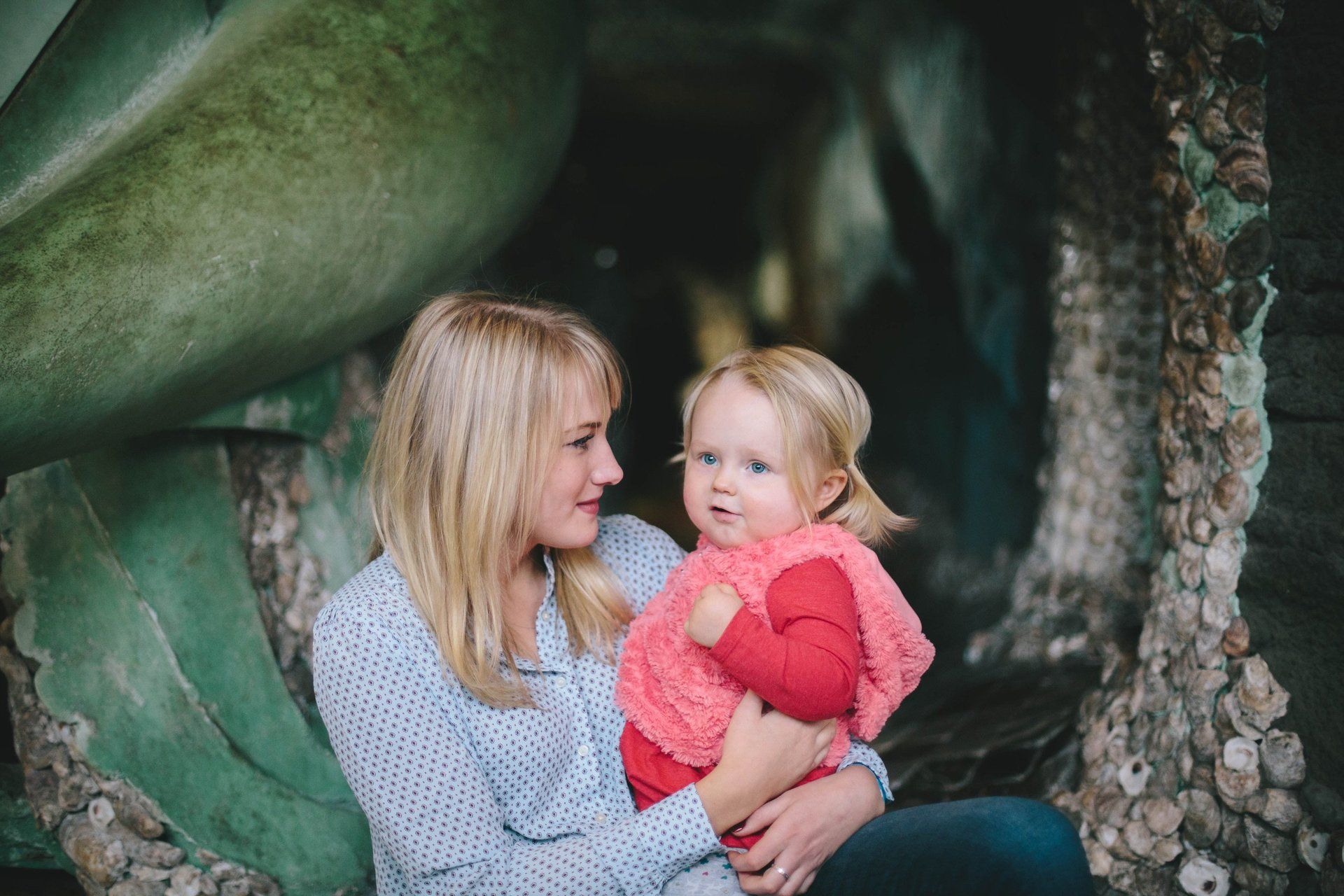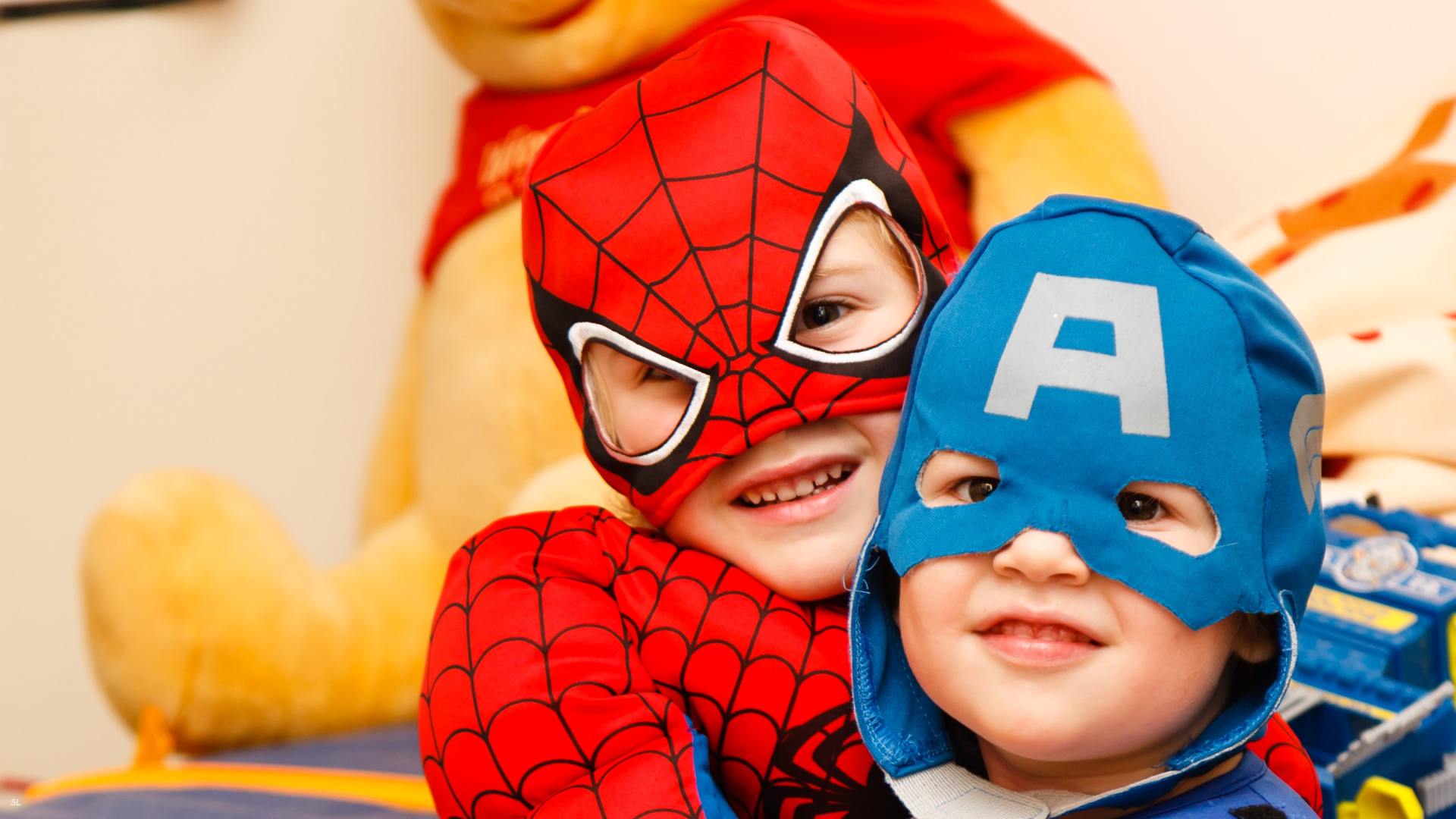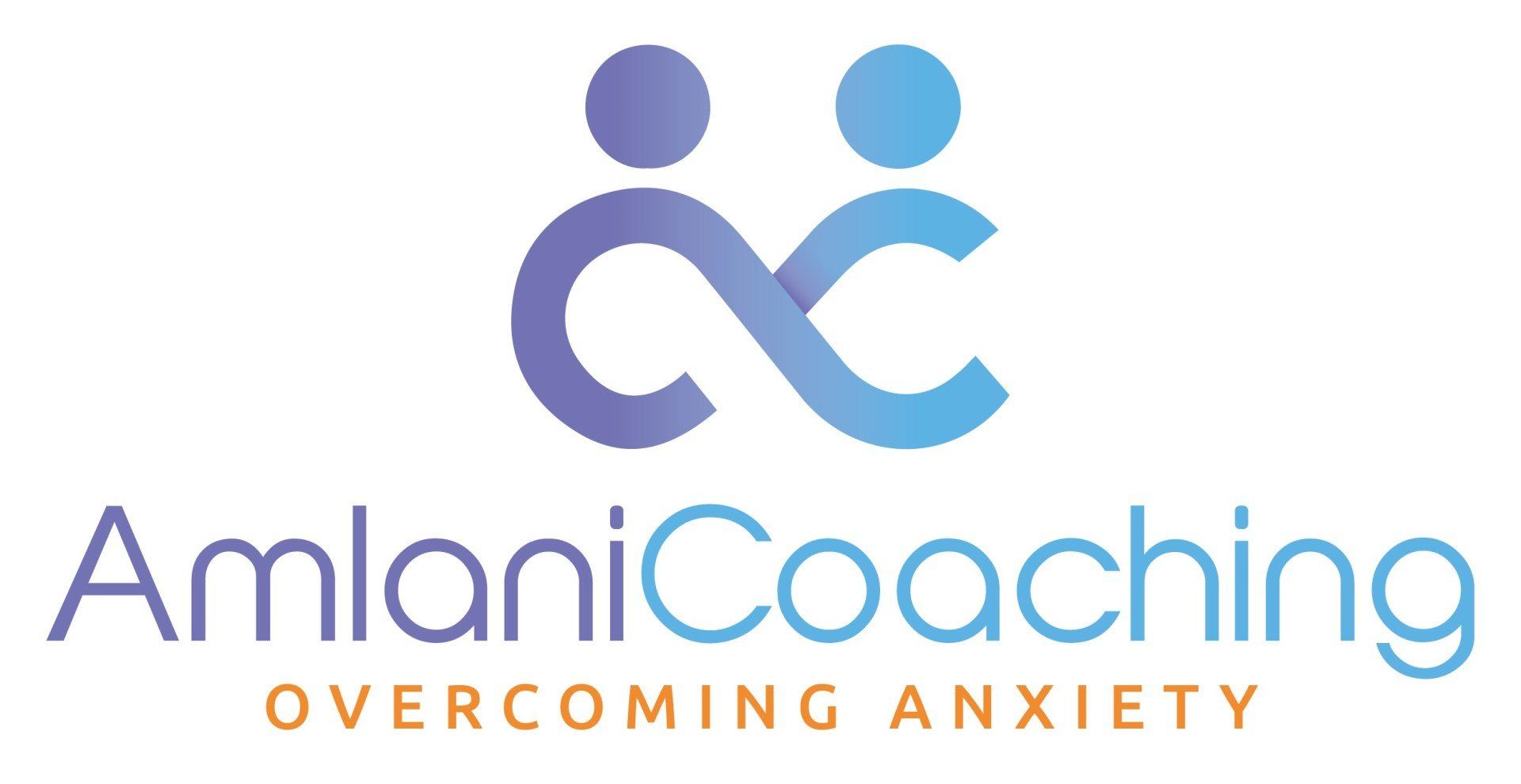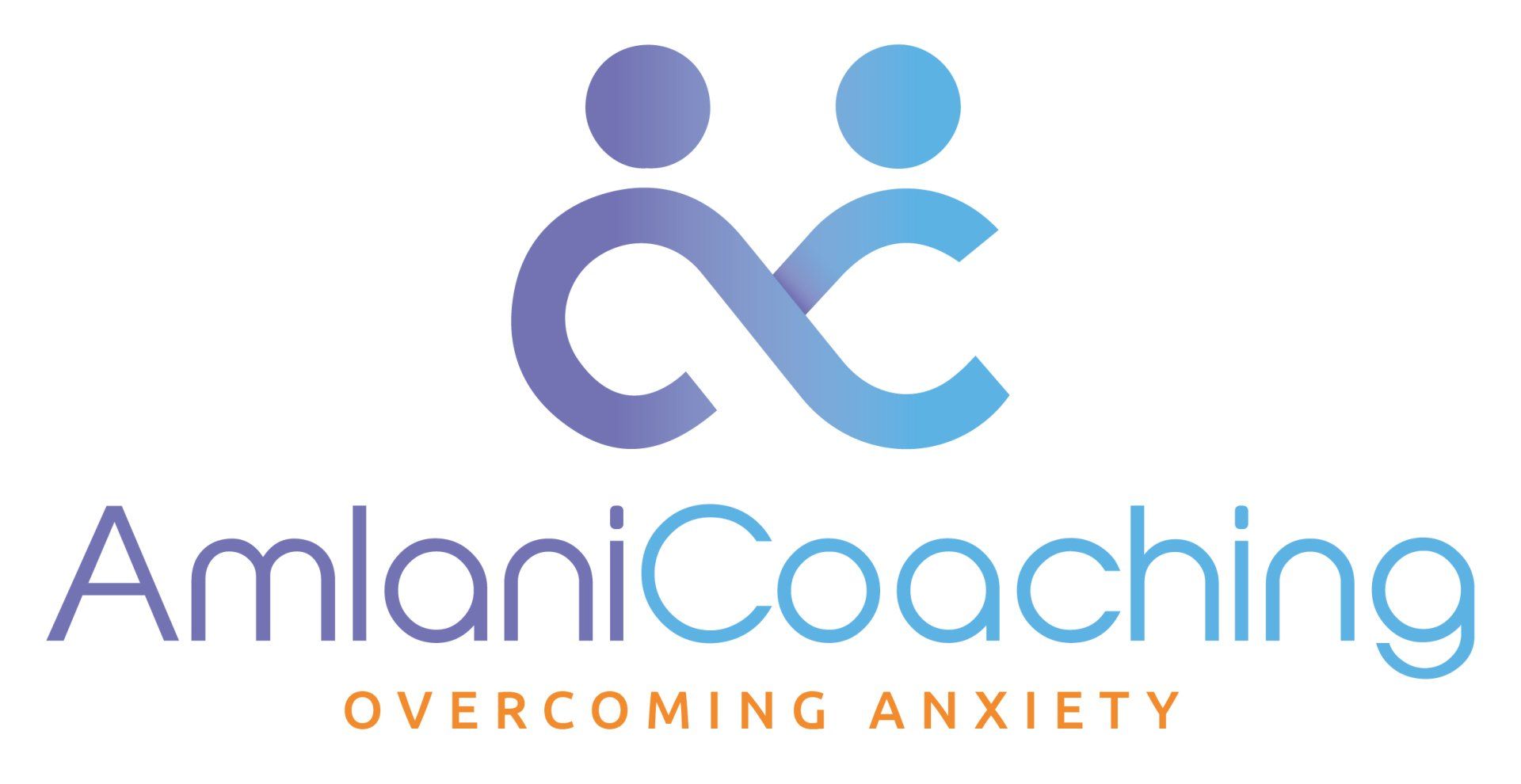Understanding Confidence
Confidence is one thing that all parents want to help grow in their children.
It is therefore important to really understand what confidence is. In my experience, many individuals confuse poor self-esteem, lack of confidence and anxiety. Often these all go hand in hand but if you really understand the differences then you can better support your child.
Simply put;
Self-esteem is a sense of worth. (Believing that you bring value.)
Confidence is a sense of ability. (Belief that you can do a particular task.)
Anxiety is perceived threat. (Feeling of unease such as worry or fear about what might happen.)
Please note there is an overlap in all these 3 areas, some children can have confidence in certain areas of their lives but can lack overall self-esteem or can have great self-esteem but lack in confidence in a given task. You can have children who are confident in their abilities but when the time comes, anxiety can take over. How we manage each of these varies and you can have a look on my blog https://www.amlanicoaching.com/blog for relevant articles.
Let’s take the example of when your child has to play football.
Statements such as “I cannot play football, I am not very good at defending” or “I cannot run fast” imply a lack of confidence.
“I will let my team down, why have they chosen me in the team?” “I am no good, I always let them down” are often related to low self-esteem.
“What if we do not make it in time, what if I get hurt, what if others laugh at me” are signs of anxiety.
Here I share 5 ways you can help increase your child’s confidence using NLP (Neuro Linguistic Programming) techniques:
1. Act Confident
I often play a game with my clients where I get them to act out what a confident person would be like, walk like, stand like and talk like, compared to someone who doubts themselves. Acting and playing like this helps the children understand what it actually feels like to be confident. In NLP we know that feelings, thoughts and how we hold our body are all inter-related and changing one can directly affect the other. Acting out and changing the body; opening up the chest, breathing deeply, projecting your voice clearly, immediately creates a great feeling. When children understand this connection between the body and how it impacts their feelings, they can use this technique to check on their body language when they start to doubt themselves. In NLP we call this the “As if frame.”
2. Create Anchors
Do you remember a time when your child felt really happy, when they felt they could achieve anything? Do you ever wish that you could somehow bring that moment back? Well, you can!! In NLP we call this “Anchoring”. For example, when you listen to a particular song, it transports you back to a particular time or evokes a particular emotion. The song is the anchor (external trigger). Likewise, when you are feeling down you may choose to listen to a particular song that makes you feel good (internal response). In the same way, we want to create natural anchors for a child. What this means, is that we have to help the child have an external trigger for every time they feel a lack of confidence, which will trigger an internal response of confidence. You develop this anchor by ensuring you praise their achievement by saying their name in a particular way and tone or give them a pat in a particular way every time. A good anchor is one that is unique, yet easy to use anywhere, and gets stronger over time. When they are down or doubting themselves, if you say their name in this particular tone or pat them in the same place, it will associate them to the previous feeling of achievement and success.
3. Confidence Corner
Create a confidence space. You will have heard or used the naughty step; a place where your child is asked to sit when they have been naughty. In the same way, it’s equally important to have a confidence corner in the house too. This is an area where you display your child’s medals, certificates and photos of times when they have achieved something. After an achievement, you can role play and encourage your child to make a speech about their achievements in this area. This helps a child believe in themselves, if they ever have a moment of self-doubt, it’s a great way to remind them what they are capable of and what they have achieved so far.
4. Circle of Excellence
This is similar to confidence corner, but it is an imaginary space the child can take everywhere with them. They can imagine various things. My favourite is imagining a bubble in which the child enters, when they start to experience any lack of confidence. It is a bubble where no negativity can enter as it bounces off and is thrown far away. It is also a bubble full of hope and great positive energy. Children have an active imagination and, in my experience, really love this. They can use this in exam halls, sports grounds, stage performance and in any situation where they begin to feel unsure of themselves. It is important the child makes the circle of excellence unique to them.
5. Dinner Diary
All children love the quality time they get with their parents. As you will see the dinner diary has many advantages apart from building confidence. Each person on the table talks about 3 achievements they had that day. Initially, the children may struggle, but it is important to focus on the simplest of achievements, e.g. I raised my hand in class, I asked for help, or I scored a goal. These everyday achievements, discussed and remembered, help a child believe in their own abilities and teach them to find happiness in the smallest of things. This is a great time for families to bond and also your way as a parent to realise your achievements, despite the occasional parenting challenges. Children love hearing what their parents achieved too.
From the tips above, it will have become clear that confidence in children is built over time. It is important as parents to believe in yourself and be confident in your parenting skills. If there are times you cannot shift and help increase the confidence within your child, you are welcome to contact me on 07779645834 or priya@amlanicoaching.com, and I can help you and your children.
By Priya Amlani
Anxiety Specialist working with children, teenagers and adults.



